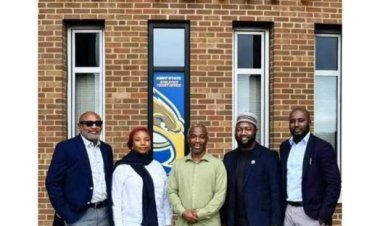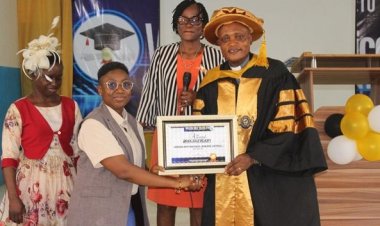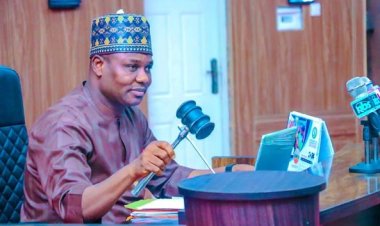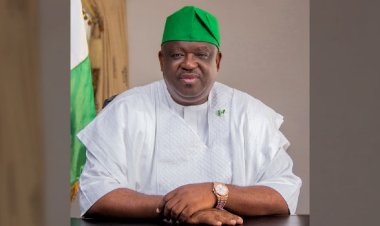FG To Collaborate With Universities To Solve Power Problems
Electrical Engineering lecturer, Adegoke Melodi, has called Federal Government to Collaborate with Universities to Solve Power Problems.
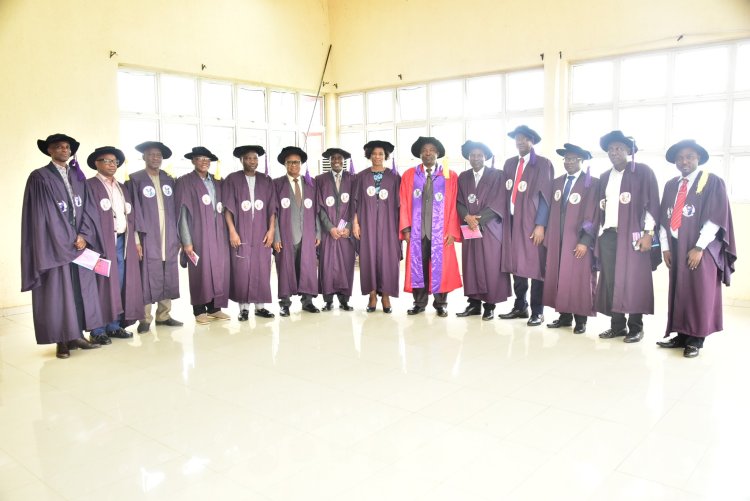
Electrical Engineering lecturer, Adegoke Melodi, has called Federal Government to Collaborate with Universities to Solve Power Problems.
A Professor of Electrical Engineering, Adegoke Melodi, has called on the Federal Government to collaborate with Universities for lasting solution to the myriads of power problems facing the country. Melodi gave the advice while delivering the 155th inaugural lecture of the Federal University of Technology Akure FUTA with the title, “Electric Power Transmission and Distribution in Nigeria: Grid Capacity Issues and Prospective Solutions” on Tuesday June 20, 2023.
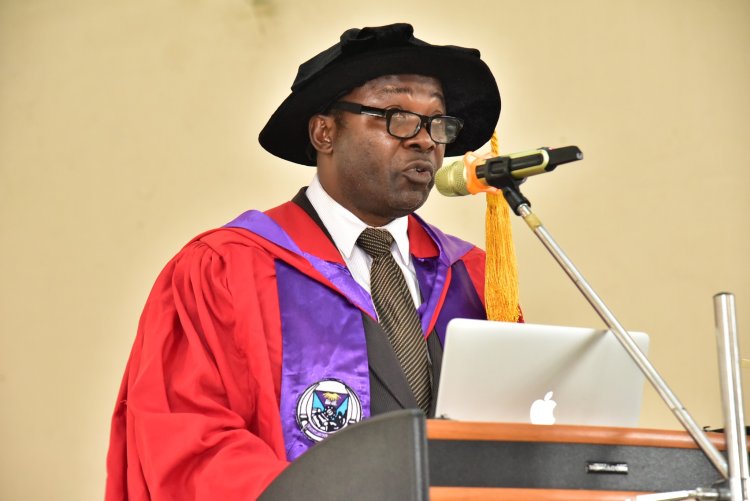
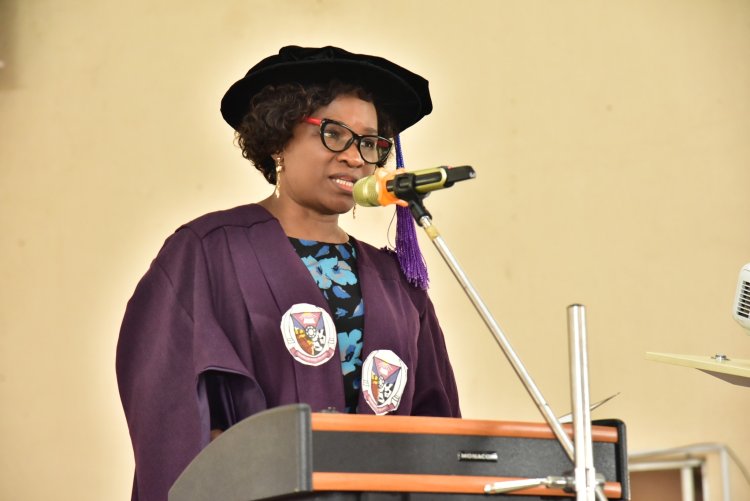
Melodi , a Russian trained electrical engineer whose area of specialization is power stations and systems , lamented the disconnect between Universities and the Power Industry regarding transmission and adequate power distribution, stressing that the potentials of Nigeria Universities for power and energy systems development are underutilized irrespective of its possession of skilled manpower. He noted that a critical factor of power grid development is technology, whether original or acquired, and this can be found in the University system.

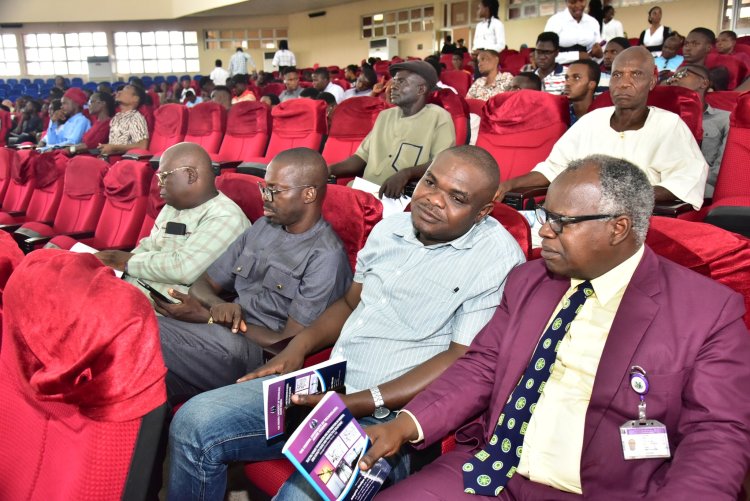
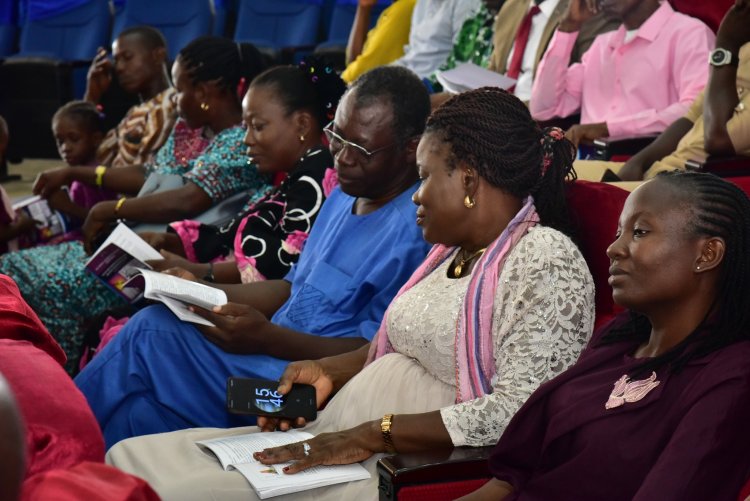

According to him, “The potentials of our Universities for power and energy systems development are not used at all and underfunded for unknown reasons. Universities are part of the country’s resources for national development and should not be pleading for inclusion on technology development and applications in Nigeria’s electricity supply industry. Universities should be included by policy.”
As a first step the don recommended that, “a national policy should be made on collaboration between the Nigeria power supply industry and universities.” He also said that qualified university representatives with practical competence in power systems and associated areas should be on relevant boards for analytical input and solutions on technical issues.
Melodi who stated that the country had invested so much in power transmission and distribution without measurable success disclosed that deployment of state-of-the-art equipment and necessary funding and supervision were important to get the national grid running appropriately. He identified a major problem of the national grid as “the focus on revenue generation without commensurate or required investment into technical grid capacity development. “He advised Government to set up clear policies on maintenance, capacity expansion, reliability of supply towards uninterruptible power supply and other relevant policies to improve the generation, transmission and distribution of power for the masses.

Melodi noted that Nigeria, blessed with 2.6% of the world energy reserves of Natural Gas, from which 80% of power is currently generated, Coal and Hydropower should leverage on these reserves to create a robust central electric power grid for required industrial and economic growth to come out of its current state of power transmission setback. He disclosed that Nigeria’s Hydropower is sufficient for long-term generation of electric power as only about 20% of large hydro generation potential had been installed on the grid.
He stressed the need for engineering studies for efficient deployment of grid capacity expansion technologies for cost effectiveness or expected returns on investment in terms of reliability and monetary profits. He therefore urged electricity DisCos and other investors to pursue smart metering for all customers to mitigate billing problems and consider grid capacity reinforcement strategies in the short and long term as the continued use of the grid without adequate capacity development will put its survival in jeopardy and further devalue the expected service.

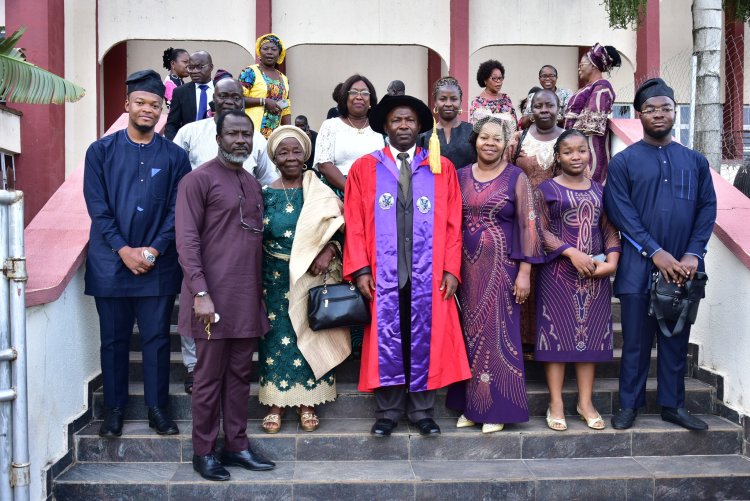
Earlier the Vice-Chancellor, Professor Adenike Oladiji, described the Inaugural Lecturer as a thoroughbred professional and productive academic. She described the lecture as topical in Nigeria as the country continues to grapple with power problems. She noted that power was essential to human existence in general hence its generation, transmission and distribution were to be taken seriously. She urged Government to consider solutions from within the University and set up policies that will restore and expedite capacity expansion for better transmission and economic growth.
MySchoolNews reporting.

 Emelie
Emelie 